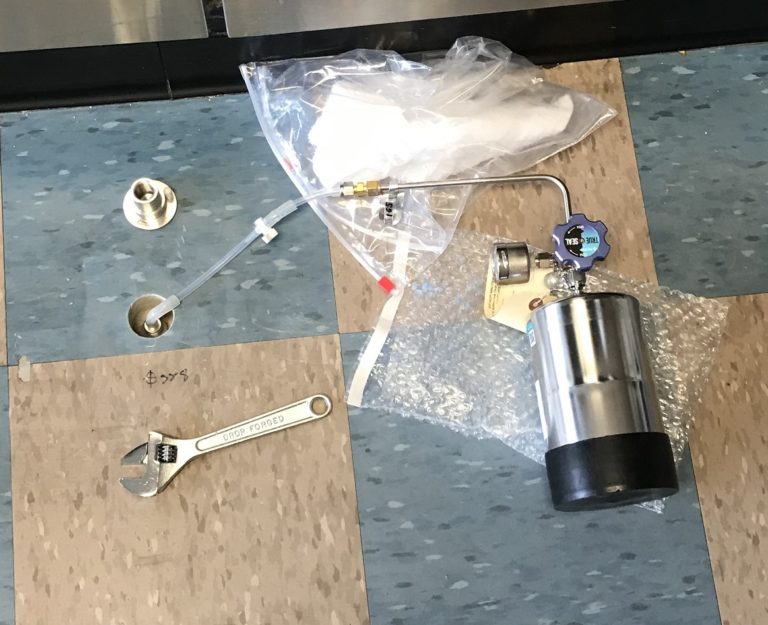Adsorption
“Adsorption” in geology, refers to the attraction and adhesion of the ions or molecules of a solution, onto the surface of a solid.
“Adsorption” in geology, refers to the attraction and adhesion of the ions or molecules of a solution, onto the surface of a solid.

Vent Riser in Methane Mitigation Vent Riser in Methane Mitigation: As per the Los Angeles Department of Building and Safety (LADBS) Methane Code, Ordinance Number 175790, a vent riser is a cast iron or ABS pipe that runs through the building walls (vertically). A vent riser is part of a methane mitigation system and has…

Facies Facies: In the field of geology, the term “facies” represents a mappable, areally restricted part of a rock body that has different fossils or lithology from other contiguous beds deposited at the same time.

Methane Mitigation Soil Gas Pressure Sensor Methane Mitigation Soil Gas Pressure Sensor: A Methane Mitigation Soil Gas Pressure Sensor is a device that measures and communicates sub-slab soil gas pressure to a methane control panel system. High levels of methane soil gas then trigger the integrated methane alarm system to notify occupants of danger. Much…

Metamorphic Rock Definition In the field of geology, the term “Metamorphic Rock” refers to a rock classification that is the result of the alteration of prior existing sedimentary rocks or igneous rocks. The alteration process is “metamorphosis, and can take place by various methods and environments. The metamorphosis process produces specific metamorphic rocks, on the…

Time Stratigraphic Unit Definition A Time Stratigraphic Unit, or a Chronostratigraphic Unit, is a rock unit that is characterized by geological formations, during a specific period of time. This serves as a reference for all rocks formed during the same time period.

Provenance Provenance: In the field of geology, and the branch of geomorphology, the term “provenance” means the place of origin from which the constituent materials of sedimentary rock or facies are derived.